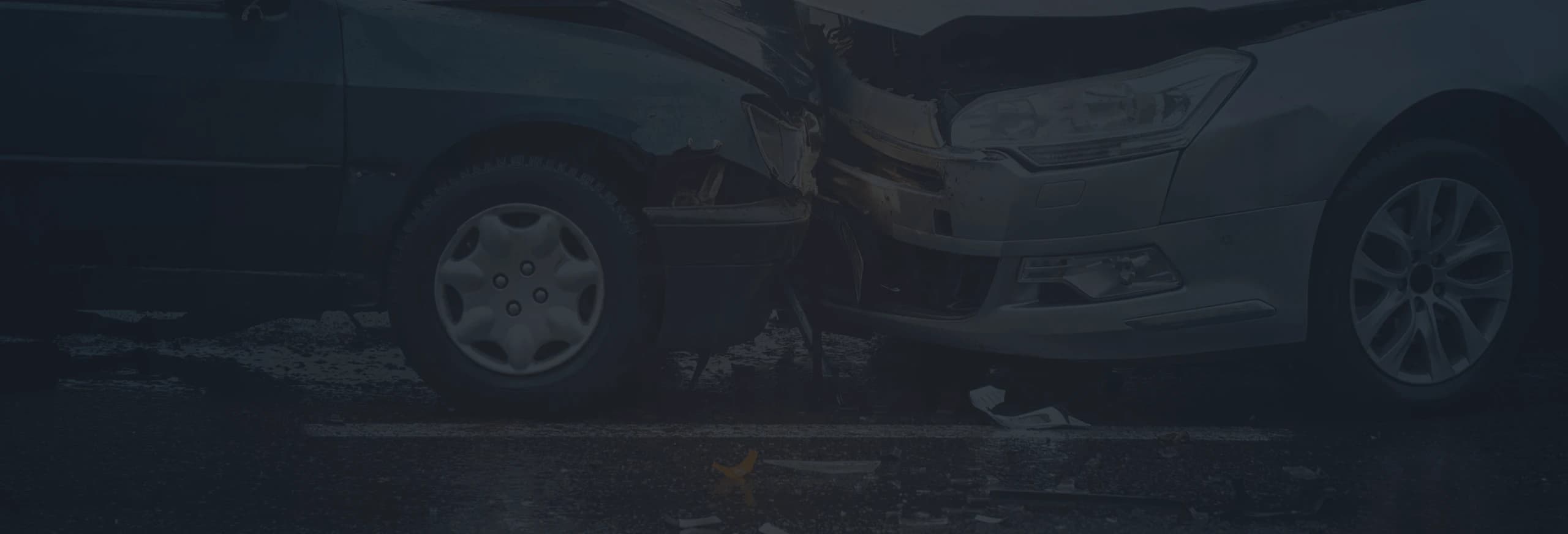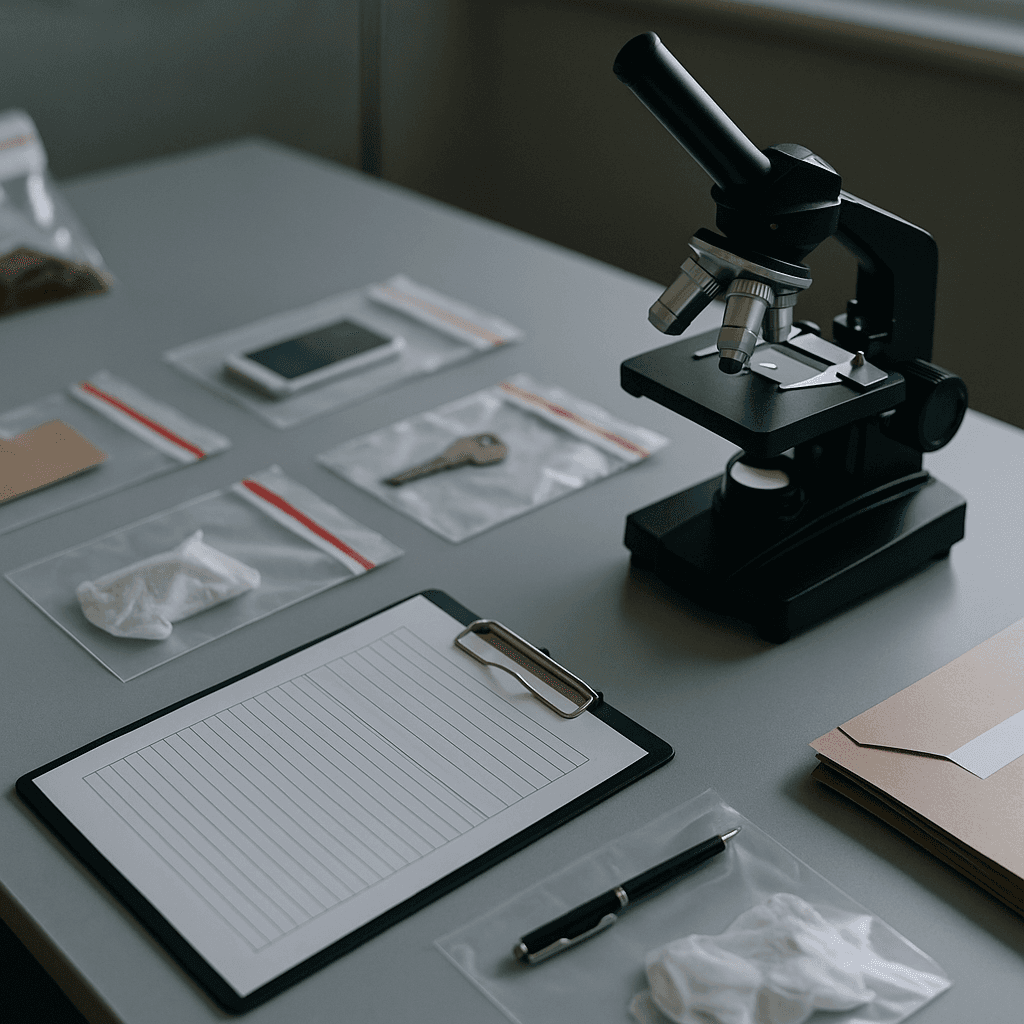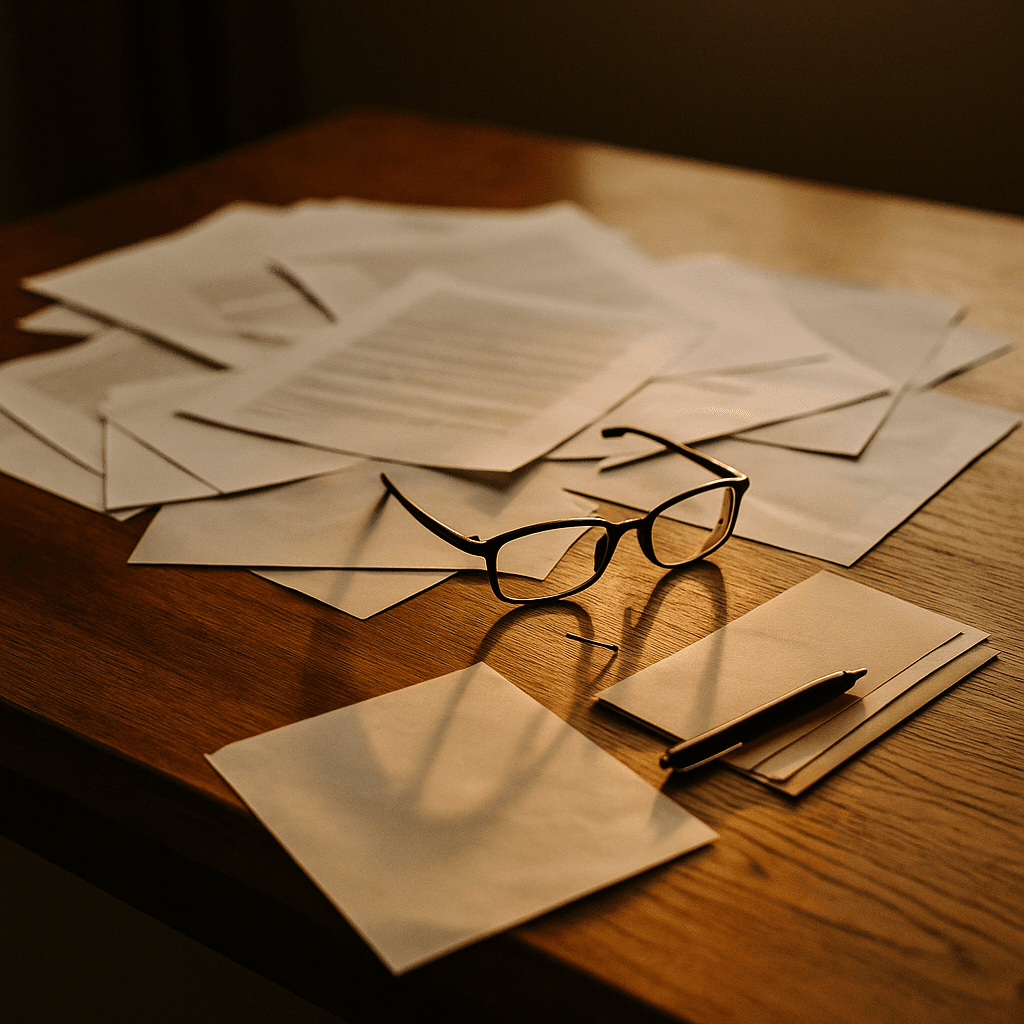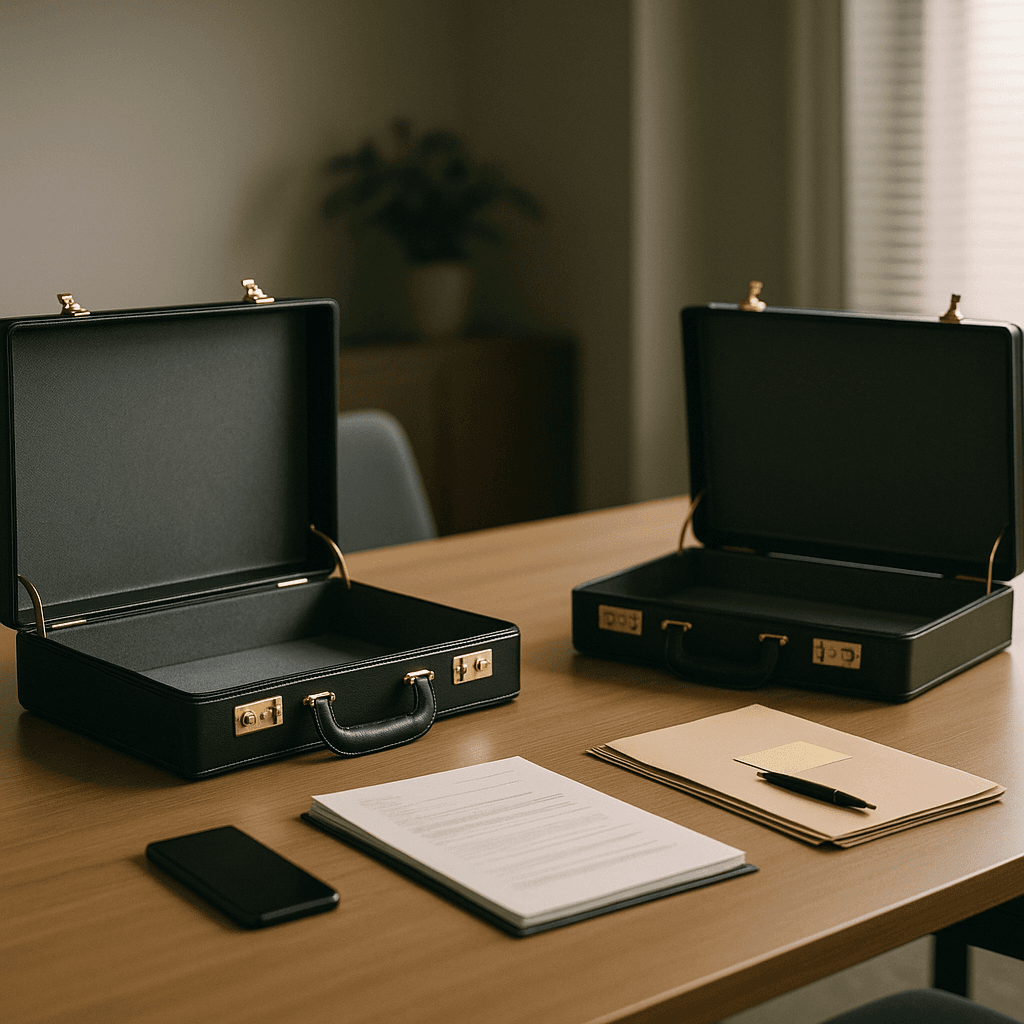
What Happens During Discovery in a Personal Injury Lawsuit

The Discovery Phase: The Heart of a Lawsuit
Once a personal injury case moves beyond the initial filing, it enters a crucial phase known as discovery. This is where both sides gather, exchange, and analyze evidence to understand the strengths and weaknesses of their positions. Discovery is often the longest part of the lawsuit process—and for good reason. It lays the groundwork for settlement negotiations or trial preparation by revealing every detail relevant to the claim.
During discovery, each side is entitled to access information the other possesses, as long as it's relevant to the case. This process ensures transparency and fairness, preventing any party from hiding facts that could affect the outcome. Understanding what happens during this stage helps victims appreciate how a personal injury case is built, step by step.
How Discovery Fits Into the Legal Timeline
Discovery typically follows the filing of the complaint and the defendant's response. It comes before trial and often leads to settlement discussions. The process may involve written questions (interrogatories), requests for documents, depositions, and expert evaluations. It's during this phase that both sides begin to understand the full scope of the case—how strong the evidence is, how credible the witnesses are, and how the law applies to the facts.
This period can last several months, depending on the complexity of the claim. In the broader context of a lawsuit's timeline, discovery is one of the most labor-intensive yet defining stages. It's the bridge between gathering initial facts and moving toward resolution. Understanding where discovery falls in the overall process is essential, especially when seen within the flow of the timeline of a personal injury case from accident to settlement, where each phase builds upon the last to reach justice.
The Role of Negligence and Recklessness in Discovery
A key part of discovery involves uncovering how the defendant's conduct is categorized—whether it was negligent or reckless. Negligence refers to carelessness, such as failing to check blind spots before changing lanes. Recklessness, however, implies a deliberate disregard for safety, like speeding through a red light knowing the risks. The difference matters because it influences the damages that can be recovered and how aggressively each side argues their case.
During discovery, attorneys look for documents, witness statements, or patterns of behavior that establish whether the defendant's actions crossed the line from negligence to recklessness. Proving this distinction can increase compensation and even lead to punitive damages in cases involving egregious misconduct. Understanding this distinction provides clarity during discovery, where evidence often reveals whether a case stems from carelessness or conscious indifference, as reflected in the difference between negligence and recklessness.
Causation: Linking Conduct to the Injury
Even with proof of negligent or reckless behavior, one critical element must still be established—causation. This is the legal link between the defendant's actions and the plaintiff's injuries. Discovery is the phase where causation is rigorously tested. Attorneys examine medical records, accident reports, and expert opinions to show that the injury would not have occurred without the defendant's conduct.
For instance, if a driver ran a stop sign and caused a crash, causation connects that act to the resulting injuries. The defense may argue that the injuries were pre-existing or caused by another factor. Expert testimony and medical documentation become central to proving that the harm was a direct and foreseeable result of the defendant's negligence. This chain of proof is what solidifies a claim's validity, as explained in understanding causation: linking negligence to your injury, where the evidence must clearly tie fault to damage.
The Importance of Evidence Collection
Discovery thrives on evidence—the foundation of every personal injury case. Both sides exchange documents, photographs, medical records, and any material relevant to proving or disproving the claims. Plaintiffs may request safety inspection reports, company logs, or internal communications from defendants, while defendants seek to verify the extent of the plaintiff's injuries and losses.
Depositions—formal, recorded interviews under oath—are often the most revealing part of discovery. They allow attorneys to question witnesses and experts directly, clarifying inconsistencies and establishing credibility. This meticulous process ensures that when the case reaches settlement talks or trial, both sides understand exactly what they're up against.
Evidence can make or break a case depending on how well it supports the narrative of causation and responsibility. Thorough and organized documentation strengthens negotiation power and helps avoid costly disputes. This underscores the principle behind evidence that can make or break your claim, where proof is the deciding factor in achieving a successful outcome.
Addressing Misconceptions About Discovery
Many people misunderstand the discovery process, believing it's designed to drag cases out unnecessarily. In truth, discovery exists to ensure fairness and prevent surprises in court. Both parties have equal access to relevant information, which often leads to early settlements when the facts are undeniable.
Another misconception is that discovery only benefits the defense. In reality, it's just as valuable to plaintiffs. It allows injured parties to obtain the evidence they need to prove negligence, disprove false defenses, and highlight inconsistencies in the other side's account. Clearing up these misunderstandings helps victims appreciate why patience and cooperation during discovery are so important. Dispelling these kinds of false assumptions reflects the broader idea of common myths about personal injury lawsuits, where transparency and education empower victims to navigate the legal process confidently.
The Attorney's Role in Discovery
A skilled attorney manages every aspect of discovery—from drafting document requests to questioning witnesses in depositions. Their goal is to uncover facts that strengthen the claim while anticipating and countering the defense's arguments. A personal injury lawyer also ensures that the process remains within legal boundaries, objecting to irrelevant or intrusive requests and compelling the opposing party to provide necessary information.
During discovery, experience matters. Attorneys know how to identify key evidence, interpret technical reports, and use expert testimony strategically. They also handle discovery disputes that may arise, ensuring compliance with court rules and protecting their client's interests. Without professional guidance, it's easy for victims to overlook critical details or fall into procedural traps that could weaken their case.
From Discovery to Resolution
Once discovery concludes, both sides have a much clearer picture of the case's strengths and weaknesses. This often leads to renewed settlement negotiations, as the evidence gathered can make one side more inclined to settle rather than risk trial. If an agreement cannot be reached, the case moves to pre-trial motions and, eventually, trial itself.
The discovery process can be exhaustive, but it's also what ensures fairness and transparency. It transforms claims based on assumption into cases supported by evidence and law. By the time discovery ends, both parties know where they stand—allowing for informed decisions about whether to settle or proceed to court.
Building a Strong Foundation Through Discovery
Discovery is more than just an exchange of paperwork; it's a strategic phase that shapes the entire case. It demands diligence, preparation, and legal insight to ensure that every piece of evidence aligns with the narrative of negligence, causation, and damage.
For victims, understanding what happens during discovery can demystify the process and highlight why patience pays off. With the right representation and cooperation, this stage can lead to a powerful, well-documented case ready for negotiation or trial. Discovery doesn't just reveal the facts—it defines the truth, bringing injured parties one step closer to justice and recovery.
Blog Posts:

The Role of Expert Witnesses in Injury Litigation
Why Expert Witnesses Matter in Personal Injury Cases In personal injury litigation, facts alone are often not enough. While evidence like medical records, photographs, and witness statements paint part of the picture, juries and insurance companies frequently need context and explanation to understand the full scope of an injury and its impact. This is where expert witnesses play a pivotal role. Expert witnesses are professionals—often doctors, engineers, economists, or accident reconstruction specialists—who provide testimony based on their specialized knowledge. Their objective is not to advocate for one side but to clarify complex issues that require professional interpretation. In many cases, their opinions help bridge the gap between evidence and understanding, making them critical to achieving fair compensation.

How Insurance Companies Evaluate Injury Claims
How the Evaluation Process Really Works When you file a personal injury claim, the insurance company begins a process that is anything but simple. Behind every offer or denial, there's a calculated evaluation designed to protect their bottom line. Insurers use data-driven methods, past claim outcomes, and internal guidelines to assess how much—if anything—they believe your case is worth. The goal of the insurance adjuster is straightforward: to settle your claim for as little as possible while closing the file quickly. They'll review your medical records, accident details, and even statements you've made to determine liability and damages. The more organized and detailed your claim presentation, the harder it is for them to undervalue it.

The Dangers of Handling a Personal Injury Case Without Legal Help
Understanding What's at Stake After an accident, it's natural to want to resolve things quickly. Medical bills begin piling up, your work may be disrupted, and insurance adjusters often seem eager to "help." Many people believe they can handle their personal injury claim on their own—especially if the situation seems straightforward. But personal injury law is complex, and even minor missteps can lead to significant financial loss. Without professional guidance, you may underestimate your claim's value, miss critical deadlines, or make statements that insurers later use against you. The legal process is designed to protect both sides, and insurance companies have experienced professionals working to limit payouts. Without an equally skilled advocate on your side, you're at a clear disadvantage. That's why consulting a personal injury lawyer early in the process is often the difference between fair compensation and a costly mistake.

When Should You Switch to a Different Injury Lawyer?
Knowing When It's Time for a Change Choosing the right attorney after an accident is one of the most important decisions you'll make in your recovery journey. However, not every lawyer-client relationship is a perfect fit. Sometimes, despite your best efforts, you may realize that your current representation isn't meeting your expectations. Whether it's poor communication, lack of progress, or a sense that your case isn't being handled effectively, recognizing when to switch attorneys can make all the difference in the outcome of your claim. Switching to a new personal injury lawyer doesn't mean starting over from scratch—it means taking control of your case and ensuring it receives the attention and effort it deserves. Understanding what to expect from your legal representation can help you identify the warning signs that it might be time for a change.
Get an agent on the line in seconds
Responsive
Legal Assistance
Our personal injury attorneys advocate for the funds necessary to cover bills, secure medical treatment, recoup lost wages, and provide compensation for your pain and suffering.
Are you facing unfair treatment from the insurance company?
Do you know the value of your case?
Is the insurance company asserting that the accident is your responsibility?

We'll get back to you ASAP.
Get Your Free Consultation
You Pay Nothing Unless We Recover Compensation For You
